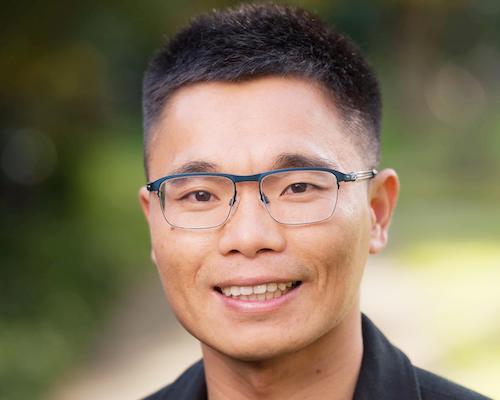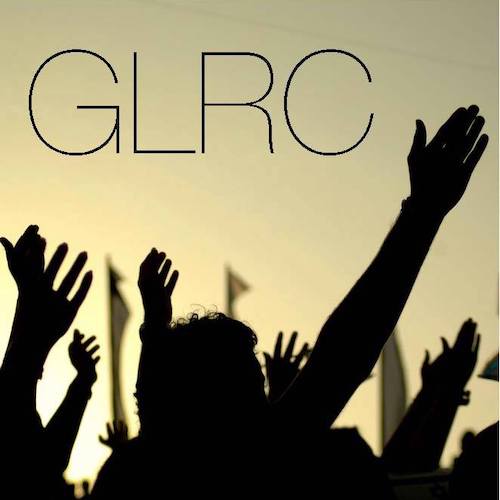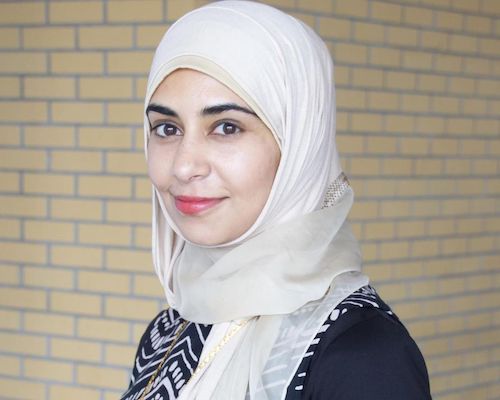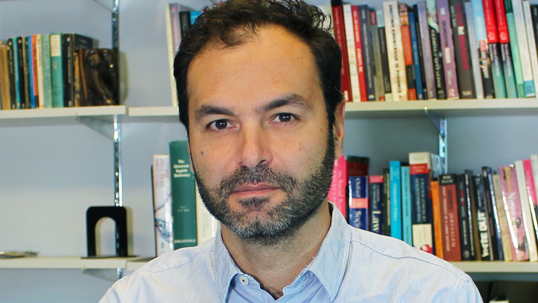The LA&PS Research Office is committed to research excellence, community-engaged scholarship, and supporting knowledge mobilization and research impact.
In this "Research in Review" series, we’re celebrating significant research achievements for 2020-21, including major awards, external grants and funding for a new generation of emerging researchers.
With over 40 successful internal and external grant applications pertaining to COVID-19 research, our faculty members address pertinent questions with direct impact on policy, practice and lived reality. Topics varied from the impact of the pandemic on racialized, visible minorities and marginalized groups such as the LGBTQ+ community and people in long-term care facilities to data analytics in increasing resilience and disaster preparedness. See below for three examples of this important work.
COVID-19 Rapid Response Award
Assistant Professor of Sociology Cary Wu received a $176,256 COVID-19 Rapid Response award to study trust and social capital issues and how they hamper prevention and control measures.
He explains: "Growing evidence suggests that outbreaks such as the COVID-19 pandemic are better handled in places where social capital is high. Less clear, however, are the channels through which social capital makes communities better able to respond to outbreaks."
Wu and his research team anticipate that this project will enable comparison between the potential dissimilar effects of social capital in different forms and contexts. Such an approach can help detect the processes underlying how social capital works in shaping the response to COVID-19 as well as similar cross-social emergencies.






Organized Research Units (ORUs) from top to bottom, left to right: The Harriet Tubman Institute for Research on Africa and its Diaspora; the Jack & Mae Nathanson Centre on Transnational Human Rights, Crime and Security; the Sensorium Centre for Digital Arts and Technology; the Global Labour Research Centre; and the Centre for Feminist Research. Not pictured above: Centre for Indigenous Knowledges and Languages.
Gender Equality in Pandemic Recovery
A community-based project led by co-principal investigators Professor Luann Good Gingrich (Director, Global Labour Research Centre) and Professor Heidi Matthews (Osgoode) and five Research Directors representing five faculties and six ORUs at York was awarded $667,609 in funding from the Feminist Response and Recovery Fund.
Aiming to shift public conversations, this collaboration examines how different groups of status-insecure women envision and enact local, collaborative models of self-determination to enhance their economic and physical security during and after the pandemic COVID-19 crisis.
DeiJaumar Clarke, Vice-President of TAMOGO Canada, one of the 11 project community partners, is committed to amplifying "African migrant voices" during in the pandemic matter "because many of our African female newcomers work as personal support front line workers since they're used to assisting the elderly population back home. As a result, they experience a great deal of stress, not to mention the trauma they've experienced having to leave their homeland due to war and other unfortunate circumstances."
"We need a recovery plan that respects and values the care economies of Indigenous communities, and we need a recovery plan that respects the paid and unpaid care work of Canadian women, and one based on a just transition away from masculinized resource extraction jobs," emphasized Angele Alook, Assistant Professor, School of Gender Sexuality and Women's Studies and one of the five research directors. "I am excited to be a part of this research project so that we can provide programs and policy reviews of how we can to move towards a recovery based on equity, equality and intersectional analyses."

Digital Contact Tracing Research
Digital Contact Tracing (D-CT) apps that track the spread of COVID-19 have been integral to this stage of the pandemic. How reliable are those apps though? Jennie Phillips, Digital Global Health & Humanitarianism Lab (DGHH Lab), Aaida Mamuji, School of Administrative Studies and the DGHH Lab interdisciplinary research team collaborated on an international study that examines users experience, specifically fears and motivations associated with uptake (i.e. app downloads), of D-CT apps.
"It is hoped that our findings can help enhance the effectiveness of D-CT apps while also minimizing associated risk", Phillips explained. A key component of this project was the interdisciplinary collaboration and partnerships as the team emphasized. Mamuji highlighted their workshop "brought together experts and practitioners from around the world, helping us extract practical lessons through our case studies". The workshop helped gather interdisciplinary insights on high-level challenges and opportunities faced with digital contact tracing.
Along with the diverse knowledge mobilization outputs of this project is a free open access nine-module practitioners guide outlining country-specific case studies, factors that impact app use, and recommendations.
"In LA&PS our faculty members are doing transformative work that responds to the urgent and unprecedented events of the past year," said JJ McMurtry, Dean, Faculty of LA&PS. "I am looking forward to seeing the tremendous impact of this exciting work in the coming years."
"This has been an excellent year for research in LA&PS," said Ravi De Costa, Associate Dean, Research and Graduate, LA&PS. "Our faculty members have had increased success in a range of external competitions, and we have significantly expanded the range of internal programs and supports that are available to our researchers."

For details on other research achievements from 2020-21, head to our accolades page.
